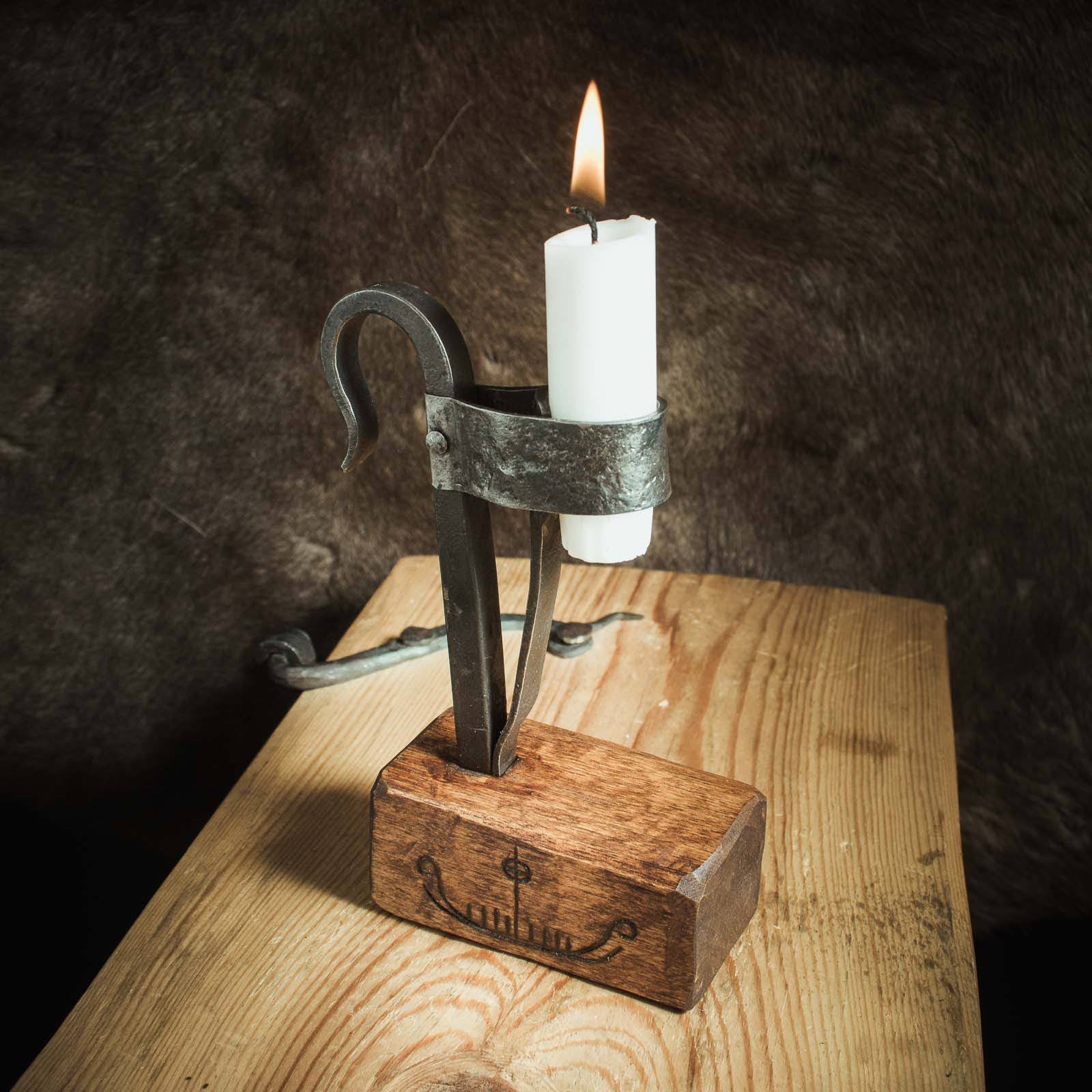Introduction
Lucia is a Scandinavian custom that dates way back. It consists of choosing a girl or woman to lead others in songs while wearing a crown of candles on her head. This tradition is celebrated around the world in many countries including Sweden, Denmark, Norway, Finland and Iceland.
The Lucia tradition is one of the most popular customs in Sweden.
The Lucia tradition is one of the most popular customs in Sweden, Norway and in the swedish speaking parts in Finland. The tradition is celebrated on December 13th (Saint Lucy's Day), when children are chosen to play the role of Lucia.
The Lucia celebration begins with a procession through town or school. Each child is dressed in white robes and wears illuminated crowns decorated with tinsel and ribbons. They carry candles which they light during their procession around the town or school grounds, singing traditional Yule Songs.
Two different variants who celebrates it and why it is celebrated.
Simplified, you can say that there is an older and a younger tradition when it comes to the celebration of Lucia. The older tradition is also called "lusse långnatt" and this was the longest night of the year. Today the longest night occurs December 21 as we are using the Gregorian calendar. But before this we used the Julian calendar and then the longest night occurred on December 13th. This was the night when the line between our world and the supernatural world was thinner. It was said that animals could talk during this night and encountering dangerous beings was greater than usual.
The younger (modern) tradition has been changing over the years and it is not clear from where the tradition as we celebrate it today originates from. It is most likely influenced by different tradition. One could be a christian tradition that has been celebrated for over 200 years. A traditional feast day for Saint Lucy or Saint Lucia, who died in 304 AD. There are mainly two stories about how she got killed. One is that she died the martyr death when she refused to marry a pagan. Another story is about how the saint had her eyes gouged out. Saint Lucy was said to have been martyred for her Christian beliefs which may be why she became associated with light; both figuratively and literally as her name means light and comes from the Latin word: Lux.
Conclusion
The Lucia tradition is an important part of Swedish culture. It has been a part of our society for hundreds of years, and we still celebrate it today in many ways. It is a time for families and friends to come together, share stories, enjoy delicious food and drink. It is also an opportunity for us to spread light into our world by helping others in their darkest moments.

